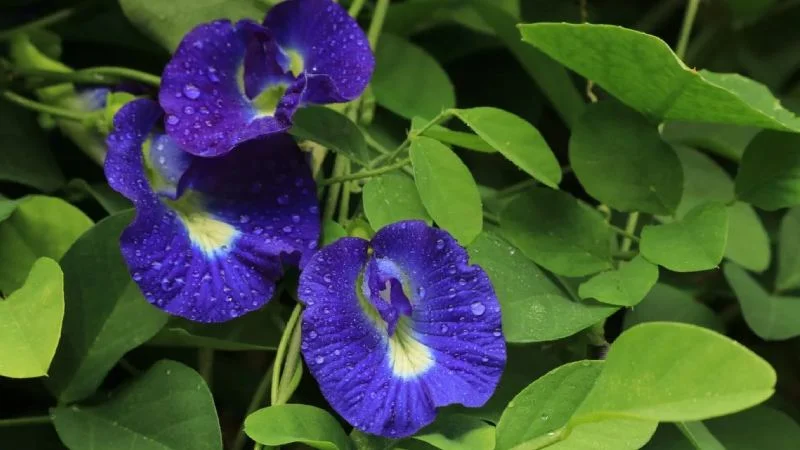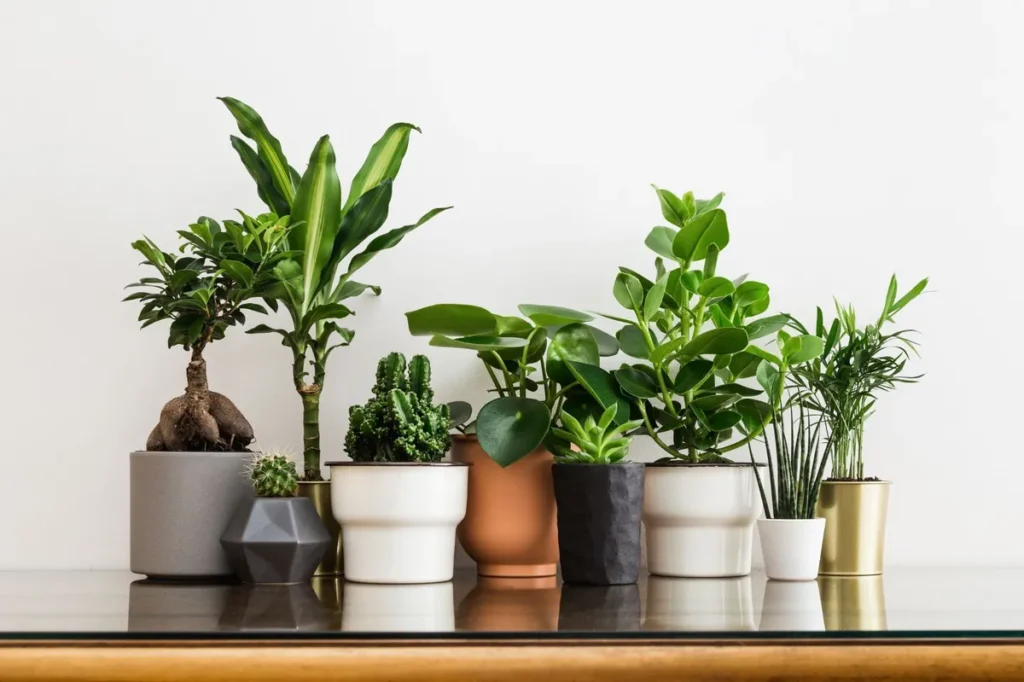Aparajita Plant Vastu Guide: When, Where & How to Plant It for Positive Energy and Prosperity at Home

Aparajita Plant Vastu Guide: When, Where & How to Plant It for Positive Energy and Prosperity at Home
In Indian tradition, plants are not just elements of nature—they are carriers of energy, symbols of divinity, and powerful tools for enhancing harmony within the home. One such plant that holds a sacred space in Vastu Shastra and spiritual practices is the Aparajita plant (Clitoria Ternatea), known for its vivid blue blooms and deep spiritual significance.
Whether you’re someone who follows Vastu principles closely or simply wish to invite a little more peace and positivity into your home, the Aparajita plant offers a beautiful blend of natural beauty and symbolic power. From improving the energy flow in your home to attracting divine blessings, this plant can have a meaningful impact—if placed and cared for the right way.

In this guide, you’ll learn everything you need to know about planting Aparajita at home: its significance, the best days and directions for planting it, and the essential care tips to help it thrive.
Why is the Aparajita Plant Planted at Home?
The Aparajita plant is more than just a flowering vine—it’s seen as a symbol of strength, purity, and divine grace. In Hindu belief, this flower is considered a representation of Goddess Durga, and is also commonly used in the worship of Goddess Lakshmi, Lord Vishnu, and Shani Dev.
Spiritual experts and devotees believe that offering Aparajita flowers during prayers invites special blessings from the deities. And when the plant is grown at home, it is said to attract divine energy, usher in positivity, and enhance the spiritual atmosphere of the space.
So, planting Aparajita isn’t just a gardening choice—it’s a devotional act that can align your home with higher energies.
Which Day is Best to Plant the Aparajita Plant?
According to Vastu and religious beliefs, the most auspicious days to plant Aparajita are:
Thursday, which is dedicated to Lord Vishnu, the protector and nurturer of the universe.
Friday, associated with Goddess Lakshmi, the deity of wealth and prosperity.
Planting the Aparajita on either of these days is believed to invite peace, abundance, and financial growth into the household. These days align with the plant’s spiritual essence, making them ideal for bringing its positive effects into your life.
What is the Ideal Direction to Plant Aparajita According to Vastu?
Vastu Shastra places great importance on the directions within a home, and when it comes to planting Aparajita, the northeast corner (Ishan Kon) is considered the best.
Why the northeast?
- It is the most spiritually charged and sacred direction.
- It encourages the flow of positive vibrations and enhances mental clarity.
- It supports a calm, peaceful environment in the home.
Placing the Aparajita in this zone strengthens its ability to attract divine blessings and uplift the energy of your living space.
How to Take Care of the Aparajita Plant (and What to Avoid)
Once you plant Aparajita, how you care for it is just as important as where and when you plant it. Here are some simple but important guidelines:
- Keep the plant in a clean, well-maintained space. Cleanliness supports the plant’s spiritual energy.
- Water it regularly to keep it thriving. A healthy plant is essential for maintaining the flow of good energy.
- Never let the plant dry out or wither. A dried or dying plant is believed to block positive energy and should be removed immediately.
- You can also place the plant near your main entrance or in your prayer/meditation area to enhance spiritual energy.
- Consistent care ensures the Aparajita plant continues to bring benefits to your home environment.
Bringing a sacred plant like Aparajita into your home is a simple yet powerful way to align your living space with positive energy and spiritual grace. It’s more than just a decorative addition—it becomes a symbol of devotion, a source of peace, and a reminder of nature’s quiet strength.
By planting it on the right day, in the right direction, and nurturing it with love, you open the door to blessings that go beyond the material. Whether you’re looking for spiritual upliftment, a peaceful environment, or simply a deeper connection to traditional wisdom, the Aparajita plant is a gentle yet profound place to begin.
Disclaimer: This article is based on general beliefs, traditional practices, and commonly followed Vastu principles. The information is intended for cultural and spiritual awareness. Readers are advised to use their discretion and consult experts if needed.












